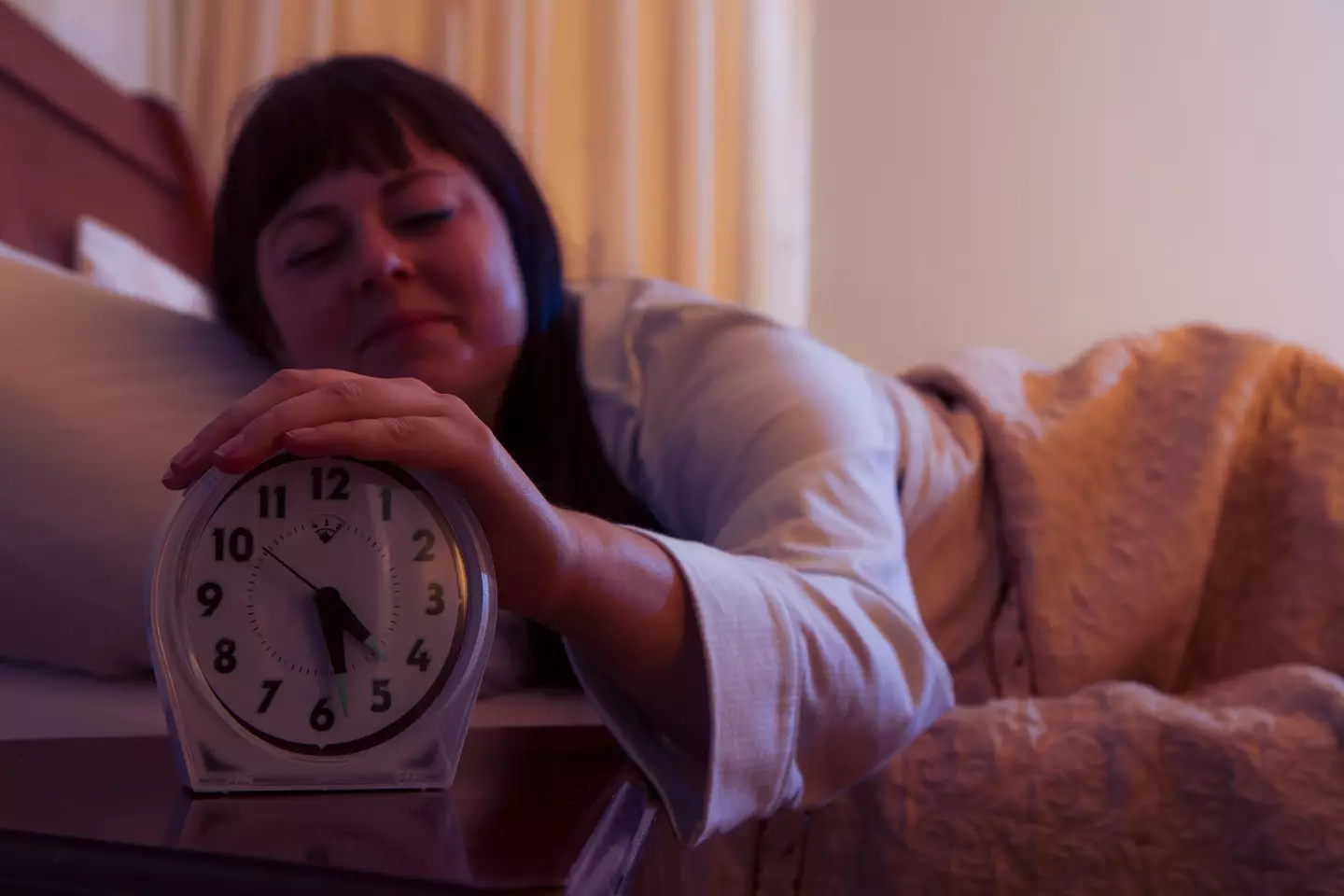If you wake up at the same time every night, you're not alone and there's actually a scientific meaning behind it.
Even for the least superstitious of us, you can't help but go into a panic if you find yourself waking up at a specific time in the middle of the night every time you go to sleep.
A good night's kip is vital for our health and getting us through the day, so when we wake up suddenly in the early hours, usually around 3 or 4am, it can feel frustrating.
Yet it's surprisingly common according to one study by Sleepfoundation.org which found 35.5 percent of people in the US reported the jarring phenomenon as many as three times a week.
Advert
Some believe the nightly disturbance is caused by an overactive mind and many wonder if they should seek medical help.

Cognitive therapist and sleep expert, Greg Murray, wrote in The Conversation: "I sometimes joke that the only good thing about 3am waking is that it gives us all a vivid example of catastrophizing.
"Waking and worrying at 3am is very understandable and very human."
However, it's not for reasons you may suspect, like anxiety, high cortisol levels prompted by stress or the painful reliving of life's most embarrassing moments, but rather something far more simple.
Murray, the Director of the Centre for Mental Health at Swinburne University of Technology in Australia, revealed the collective experience is actually anchored to our body's hormonal rhythms, and we're all pretty similar on that front.
Our neurobiology, the part of our nervous system's structure, function and development, hits a point when we're asleep which is typically around that 3am or 4am mark.
At this point in our sleep, body temperature rises and the sleep hormone, melatonin, has peaked since our body has already rested.
Then the stress hormone does it's annoying job of kicking in when we don't want it to, to prepare us for the day ahead.

And it all happens without any signals, like our phones going off or bright light emerging from behind the curtains, as the human body is apparently able to predict the sunrise and the sunset due to our natural circadian rhythm.
However, higher cortisol levels than normal can also play a part in jolting us awake in the night as the stress hormone does a good job of putting our bodies on high alert.
It triggers the release of glucose (sugar) from your liver to provide the body with a boost of energy in stressful moments and when we're more stressed than usual, it goes into overdrive and can release more cortisol during the night, therefore eerily waking us up around the same time every day.
